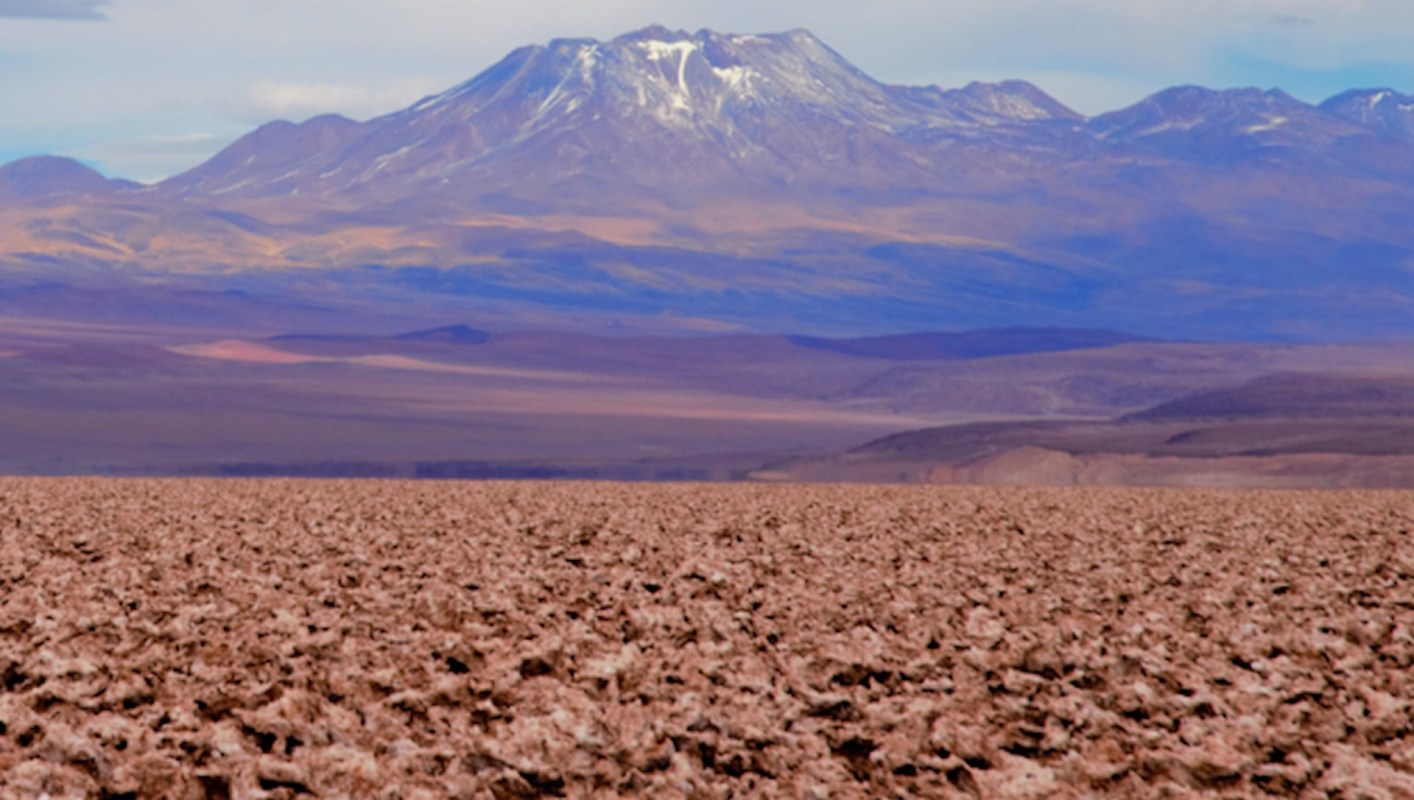An Instagrammer's post sheds light on fast fashion and the truth about unwanted clothes.
Planet advocate 5 Gyres (@5gyres) revealed a disturbing photo that had jaws dropping.
In a mind-blowing mountain of clothes in Chile's Atacama Desert — a beautiful landscape of rock and sand that has become a dumping ground for unwanted fashion — one shirt is held up with the T.J. Maxx price tag still on it.
"An estimated 39,000 tons of unwanted clothes pile up every year," 5 Gyres wrote about the desert, a number supported by Fodors.
The clothes are shipped to Chile by fashion brands from Europe, Asia, and the Americas. Business Insider reported that the gigantic heap of clothing can be seen from space.
5 Gyres asked its followers to stop shopping with fast-fashion brands and to be more mindful about what they wear and buy. The organization also urged people to take its pledge to Do Less for the Planet by buying less, washing less, and wasting less.
The fashion industry is the second biggest consumer of water and is responsible for 2% to 8% of planet-warming gases, according to the United Nations.
With big manufacturer factories churning out mass quantities to keep up with consumer demands, production requires vast amounts of water and energy, leaving trails of waste with packaging, shipping, and textile materials.
Consumers are drawn in by the budget-friendly prices, but there is a much higher cost being paid by the planet.
Americans buy and trash 80 pounds of clothes on average per year. Massachusetts has taken steps in the fight against fashion waste by making it illegal to throw out clothing and other textiles.
There are plenty of alternative ways to shop that will decrease the demand for fast fashion and reduce waste. Secondhand shopping at thrift stores and resale apps online are great sources. If they don't have what you're looking for, educate yourself on who and where you're buying from so that you can be sure you're supporting eco-friendly brands.
There are also plenty of ways to get rid of old items that will keep them out of landfills. You can receive store credit or cash. You could also opt to repair any damaged items, resell them online, or donate them to a charity of your choice.
The reaction to the shocking post was fitting.
"Find the companies that aren't donating these clothes … and create punishments," wrote one Instagrammer.
"Horrific," said another.
"There needs to be more regulations on manufacturers," suggested a third. "Fine them for overproducing."
Join our free newsletter for cool news and actionable info that makes it easy to help yourself while helping the planet.









